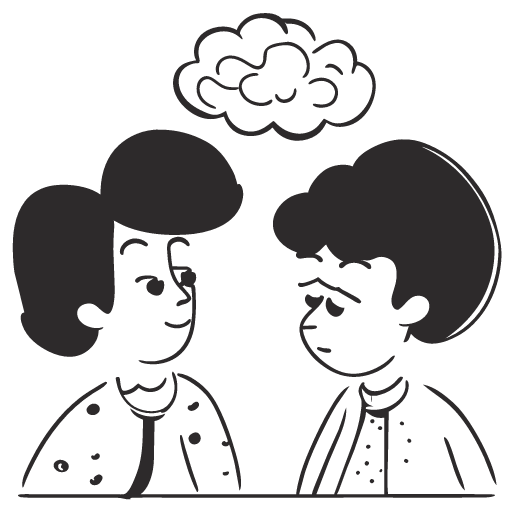Neuroscience gives social workers hope because it shows that the work, they are doing has a good chance of improving a child’s life, and because it helps to understand the challenges that children face so that everybody can work together to find solutions.
Children who were neglected or who did not receive adequate attention at home may be more likely to look for it in places that are not as desirable or safe, such as cyberspace. We had worried that they could be more prone to being nurtured and eventually joining a gang or fleeing county boundaries. Some foster kids may be at a higher risk than other kids because of where they live.
There is a lot of rejection that can occur for a child who has experienced trauma in their younger years, and it manifests as sabotage of relationships and difficulty forming relationships, which then translates into bullying.
What’s really important for the adults is to be able to appreciate the knock-on effect of the child’s response to, you know, trauma and past experiences, which can manifest as a lot of perhaps sabotaging relationships and being quite difficult to form a relationship with, which then translates into bullying.
I believe that it is really important for the adults around the child to be able to appreciate the knock-on effect of their response to you know their past trauma and past experiences.

